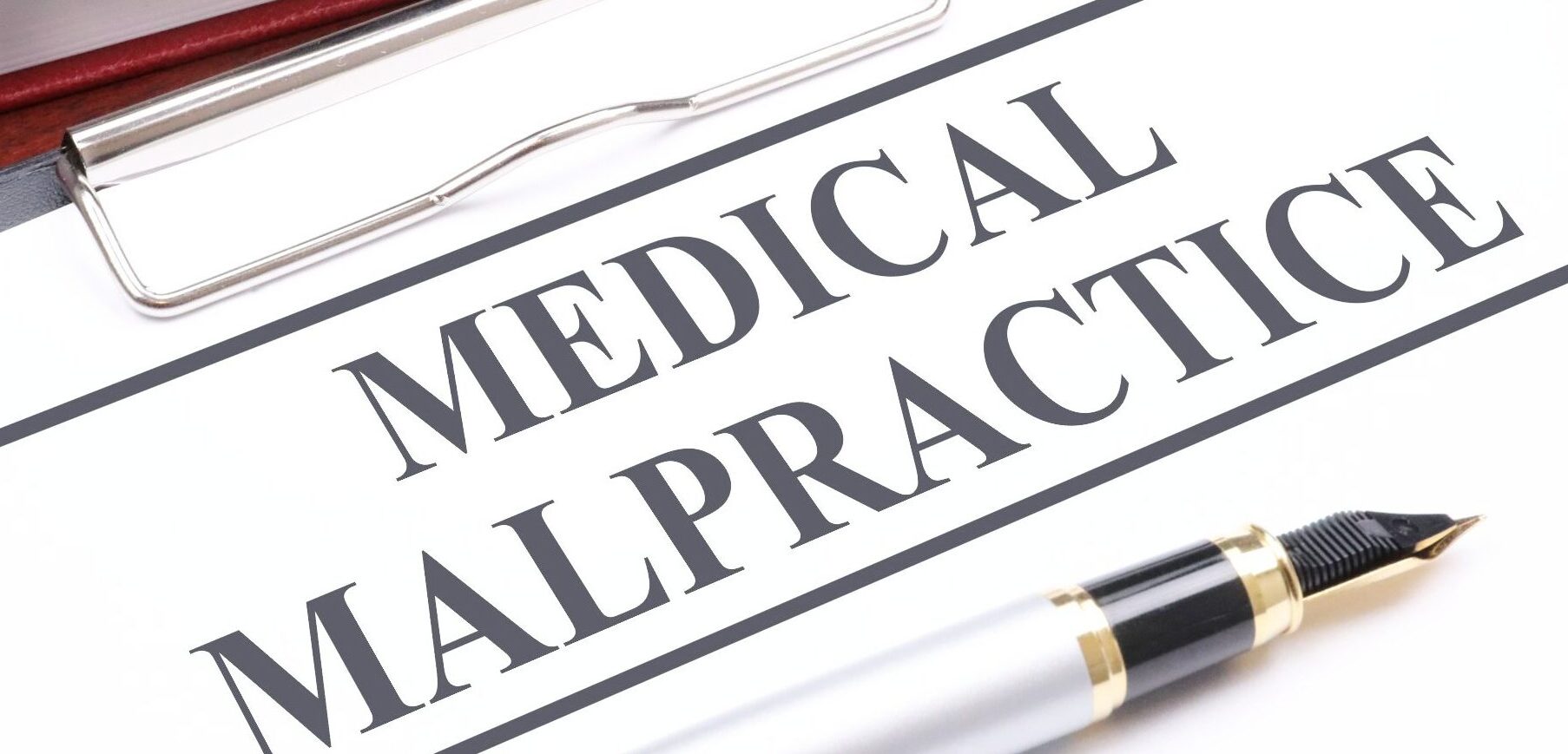
For many, the flu is an annoying, but otherwise simple inconvenience. While some forms of the flu are indeed mild, influenza can be a serious, and potentially deadly, diagnosis.
The U.S. Centers for Disease Control and Prevention attributes 35.6 million illnesses, 16.6 million medically attended visits, 710,000 hospitalizations and 56,000 deaths each year to the flu. Given the potential severity of the flu, accurate diagnosis is essential. Yet, every year thousands of people are misdiagnosed with “flu-like symptoms” leading to potentially severe consequences.
If you believe your medical condition was incorrectly diagnosed and you suffered severe harm as a result, contact the medical malpractice attorneys of D’Amico Pettinicchi Injury Lawyers for a free consultation to learn more.
Why the Flu is Misdiagnosed
The cause of most flu misdiagnoses in America is human error, which also happens to be the cause of most medical mistakes nationwide.
Doctors must use the information they have available to them to properly diagnose medical conditions. However, because influenza has many similar symptoms to the cold and pneumonia, doctors often misdiagnose the three. If a doctor fails to run the proper tests or take note of the severity of a patient’s symptoms, it could lead to misdiagnosis.
Sometimes errors stem from using improper testing procedures or failing to follow through on preliminary results. For example, doctors sometimes use a “rapid test” to check for influenza, but these tests are not always correct. If your doctor assumes rapid test results are conclusive without additional examination, you could be misdiagnosed as a result of the doctor’s lack of due diligence.
A Doctor’s Duty to Diagnose Your Health Problems
A doctor has a duty to diagnose an injury or illness with reasonable care. This standard means that just because a doctor incorrectly diagnoses you, he or she is not automatically liable if the diagnosis ends up being incorrect or inaccurate.
Even the best doctors in the world are occasionally wrong, often for entirely legitimate reasons. The question is whether or not the doctor’s actions were reasonable for a medical professional under the circumstances, not whether the diagnosis is actually correct.
The question of whether the misdiagnosis rises to the level of malpractice is not always about whether the final answer is correct as it is whether or not the methodology to arrive at the answer was proper.
Holding Doctors Liable for Misdiagnosis
There are four components vital to determining if misdiagnosis is medical malpractice:
- The existence of a doctor-patient relationship. If the victim is not a patient of the doctor, then it is impossible to commit malpractice.
- The doctor must be negligent when making the diagnosis. The standard for negligence as briefly mentioned above is whether the doctor’s conduct would be considered reasonable to a similarly trained doctor under similar circumstances.
- The patient must show that the diagnosis was harmful. If a doctor misdiagnosed you, but you suffered no ill effects as a result, then the conduct likely will not rise to support a claim of malpractice.
- The patient must be able to show specific damages. These damages can include economic damages, such as medical costs, non-economic damages including pain and suffering, which are legitimate but do not have a specific cost associated with them, and punitive damages, which are awarded to punish a physician for reckless behavior. Punitive damages are not common as they require a high level of reckless disregard for the patient’s health and welfare.
Find Out if You Have a Misdiagnosis Case
Misdiagnosis cases are complicated. The skilled injury attorneys of D’Amico Pettinicchi Injury Lawyers have years of experience pursuing negligent medical professionals and holding them accountable for the harm they have caused due to misdiagnosing serious medical conditions like influenza.
We will help you discover if your misdiagnosis was preventable and determine if you have a case. If you do, we will work to recover maximum compensation for medical bills, lost wages, and pain and suffering. We will take care of the legal battle, so your focus can be where it needs to be – on getting well.
Schedule a free, no obligation consultation with our legal team today and learn what options are available for pursuing compensation in your case. There are no upfront fees, and the only way we get paid is if we recover compensation for you.
